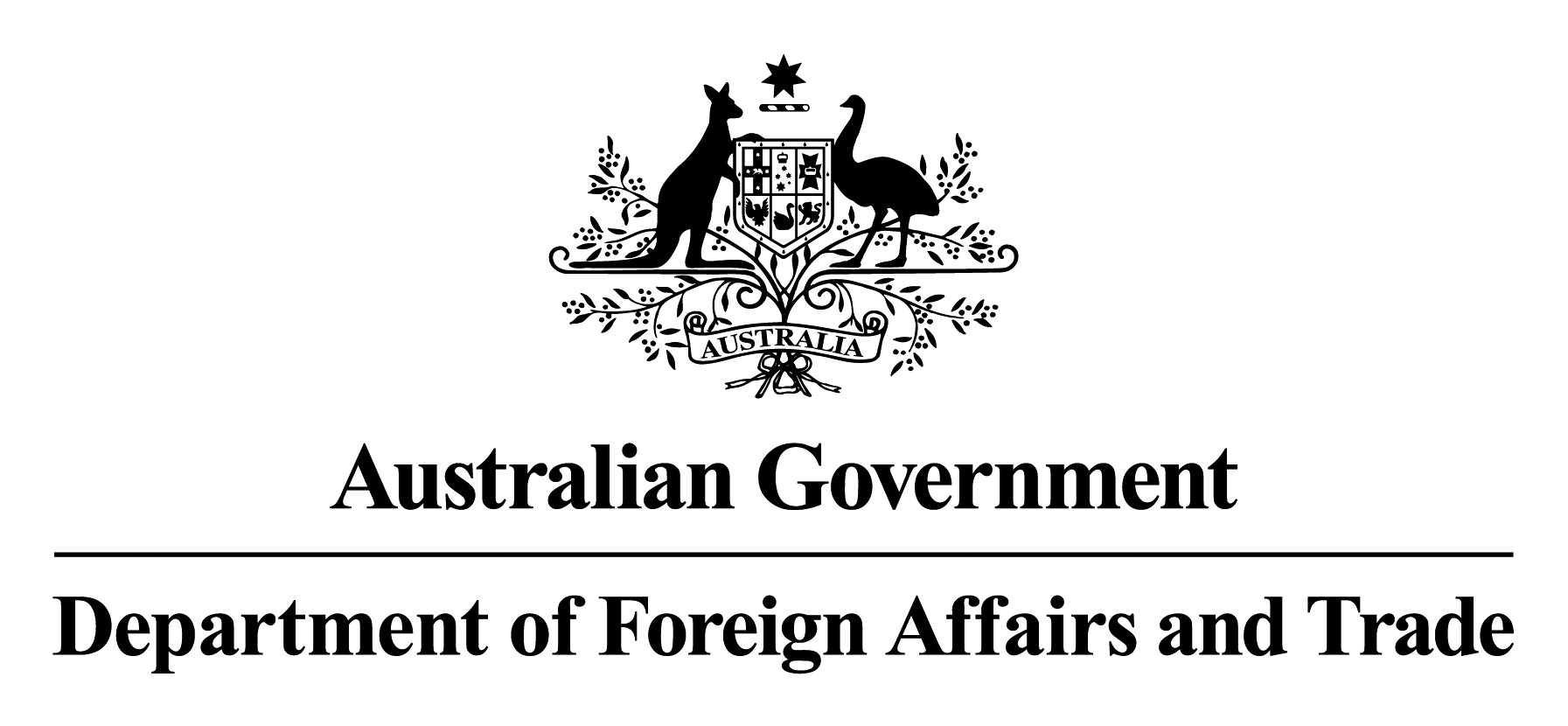Lessons for Peace: Afghanistan
ODI Lessons for Peace (L4P) began in May 2019, in the context of increased momentum around US-Taliban talks and the prospect of a subsequent intra-Afghan dialogue. International donors, following the Geneva Conference of November 2018, felt an urgency to be ready to support any emerging peace process and shape their next cycle of three to five year aid strategies to embed peace and protect social and economic achievements; particularly in the likely scenario of a government-Taliban power sharing arrangement. There were efforts to develop a shared justice and rights focused agenda to accompany the World Bank led Package of Economic Initiatives Report (PEIR). It was also recognised that little was understood about the nature of Taliban governance and policies and the implications for future aid engagement.
The project initially responded to a demand for practical evidence-based advice to inform planning for peace and associated aid. Lessons from multiple reviews of international engagement in Afghanistan, and specifically, of support to peace and political dialogue, were known but were not being acted upon. Segregated development, humanitarian, security and political agendas and divergent institutional and political priorities amongst donors had inhibited collective learning. This, it was felt, offered an opening for an external organisation like ODI to provide some perspective and help current decision-makers in Kabul and capitals benefit from independent analysis that drew upon relevant lessons, and actors, from other international contexts.
The political situation has evolved and the specific areas of focus of the project have and will continue to adapt to reflect this. The focus of the project remains one of helping development, security, political and humanitarian practitioners embed practical, evidence-based insights into current planning and policy making processes in Afghanistan and in international capitals.
L4P operates on an iterative programming cycle across three interlinking spheres of work:
- Evidence-Informed Agenda Setting: evidence-based support and advice, initially focused on specific donors in Kabul to inform decision-making and prioritisation.
- Horizon Broadening: exploring longer-term research questions to help stakeholders, initially specific donors in Kabul, take a step back and consider longer term dilemmas and avoid ‘peace process myopia.’
- Convening and Connecting: providing virtual and physical space to convene similar initiatives, share relevant findings and build relationships.
The work is steered by a group of retained thematic and contextual experts, known as the Core Working Group. L4P also draws on an extensive network of key advisors across policy, programming and academia inside and outside Afghanistan.
The team
View all-

Latest work
Leadership of protection in the humanitarian sector -

Latest work
Crime and communities: Life under criminal group control -

Latest work
Pledging in Geneva: How much aid, and for what? -

Latest work
‘Physician Heal Thyself!’: a New Agenda for Peace must look inwards first, to address institutional obstacles to building and preventing peace
